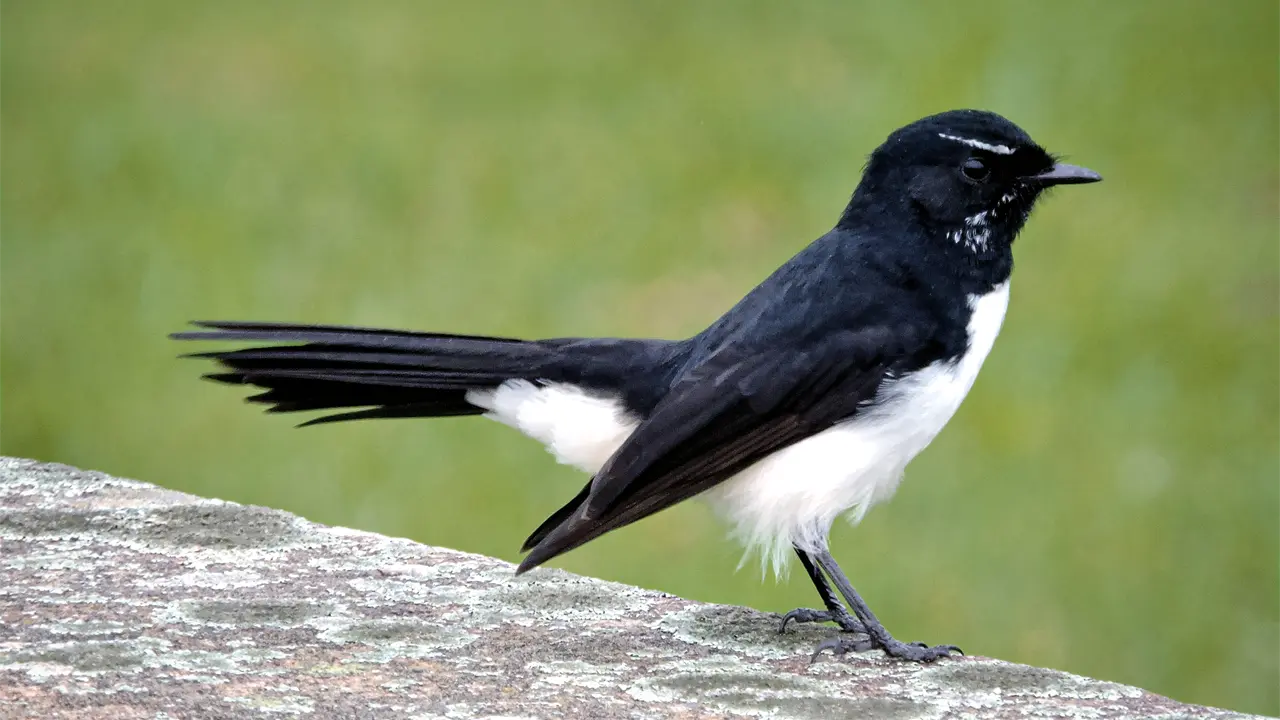Reducing the emissions of the cattle industry is one of the foci of UNE’s SMART Farms.
Story Kirsty McKenzie Photo Ken Brass
It’s been raining solidly for a week at Tullimba, but the cattle in the station’s 1,000-head feedlot are cavorting around like calves on clover. They’ve just received a fresh load of woodchip pen bedding and are clearly relishing the opportunity to get their feet onto a dry surface.
Tullimba is one of the University of New England’s (UNE) 8 SMART (Sustainable Manageable Accessible Rural Technologies) Farms. The 740ha property is located 40km west of Armidale, NSW, and the other farms (encompassing a further 2,915ha) are all closer to the main campus.
The home of Australia’s only commercial-scale research feedlot, Tullimba facilitates research and training to improve the competitiveness of the beef industry. Students and researchers use the property to investigate everything from feed efficiency and meat quality to animal nutrition, performance, behaviour and welfare.
As with everything that happens at the SMART Farms, sustainability is paramount. The woodchips that caused the feedlot cattle so much joy (along with contributing to the animal’s welfare, in terms of improved hoof and leg health) came from trees that were felled by a tornado that ripped through the campus last year. The SMART Farms engage scientists and students on projects that range from issues in animal production and agronomy to a broad range of ecosystem challenges (including tree death and recovery during drought, to managing koala populations, tracking invasive species and investigating how different grazing systems impact soil microbiology).
This story excerpt is from Issue #143
Outback Magazine: June/July 2022









